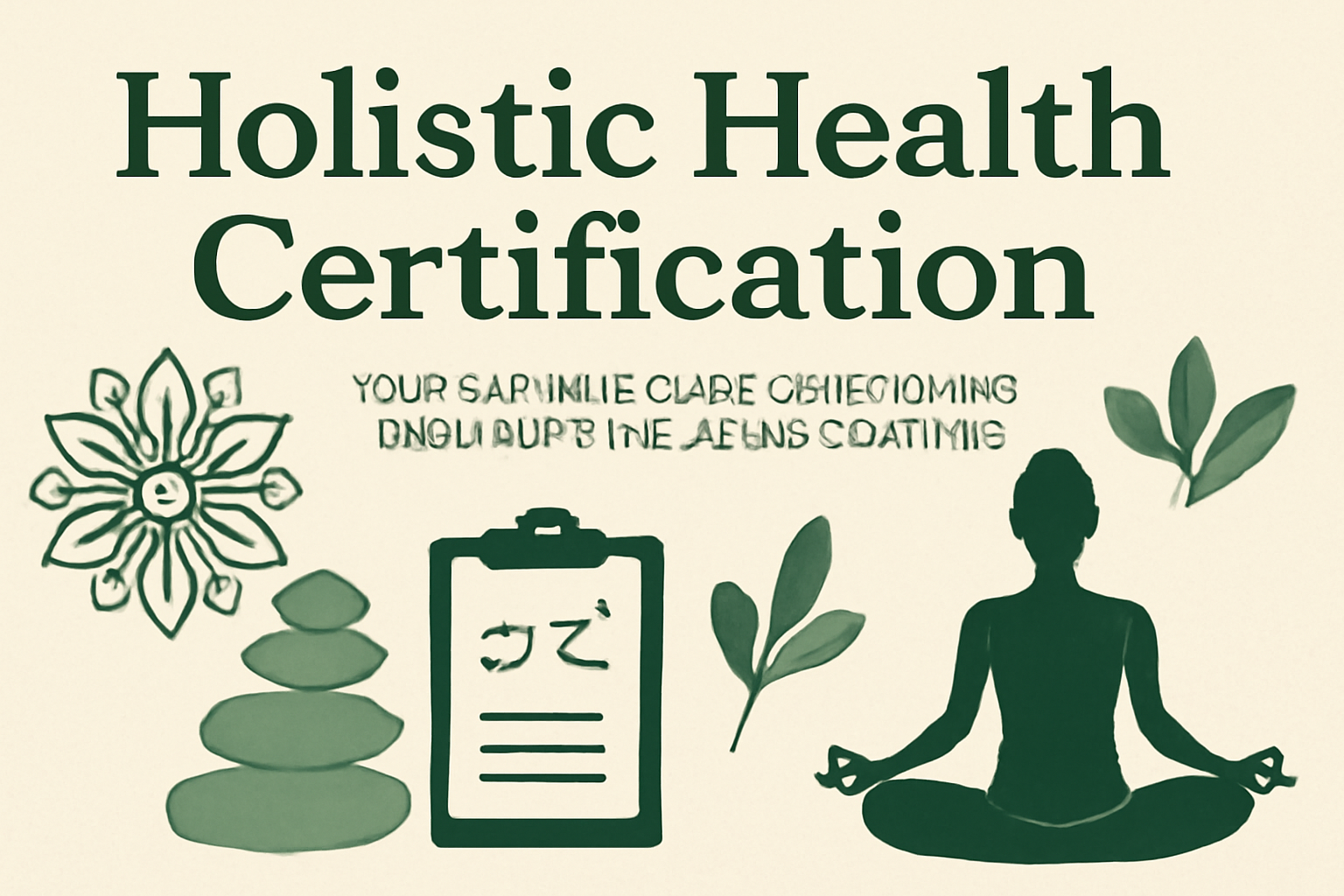The Benefits of Mindfulness Meditation

Introduction
In the fast-paced world we live in, it’s easy to feel overwhelmed by the demands of daily life. From juggling work responsibilities to managing personal relationships, many of us find ourselves in a constant state of stress. This is where mindfulness meditation comes in. But what exactly is mindfulness meditation, and why has it gained so much popularity in recent years?
Definition of Mindfulness Meditation
Mindfulness meditation is a practice that involves focusing your attention on the present moment while calmly acknowledging and accepting your feelings, thoughts, and bodily sensations. It’s a form of meditation rooted in ancient Buddhist traditions but has been widely adapted in the West as a secular practice for mental and physical well-being.
Brief History of Mindfulness Meditation
The origins of mindfulness can be traced back to early Buddhist teachings, where mindfulness (known as “sati” in Pali) is considered a crucial step on the path to enlightenment. The practice was introduced to the West by figures such as Jon Kabat-Zinn, who developed Mindfulness-Based Stress Reduction (MBSR) in the late 1970s. Since then, mindfulness meditation has evolved beyond its religious roots and is now embraced by people of all backgrounds as a tool for self-improvement and stress management.
Why Mindfulness Meditation is Relevant Today
In today’s fast-paced, technology-driven world, mindfulness meditation offers a way to step back from the chaos and reconnect with yourself. It encourages you to live in the moment, which can lead to greater clarity, emotional stability, and overall well-being. Whether you’re dealing with anxiety, seeking to improve your focus, or simply looking for a way to unwind, mindfulness meditation has something to offer.
The Science Behind Mindfulness Meditation
How Mindfulness Affects the Brain
Research has shown that mindfulness meditation can bring about significant changes in the brain. One of the most well-documented effects is its impact on the prefrontal cortex—the area responsible for decision-making, emotional regulation, and complex thinking. Regular mindfulness practice has been found to increase the thickness of this region, which is associated with improved cognitive abilities and emotional stability.
Understanding Neuroplasticity and Mindfulness
Neuroplasticity is the brain’s ability to reorganize itself by forming new neural connections. Mindfulness meditation promotes neuroplasticity by encouraging the brain to form positive pathways that enhance mental clarity and emotional resilience. This adaptability is crucial for personal growth, allowing individuals to break free from negative thought patterns and adopt healthier behaviors.
The Role of Mindfulness in Reducing Stress
One of the most significant benefits of mindfulness meditation is its ability to reduce stress. When practiced regularly, mindfulness can lower the levels of cortisol, the body’s primary stress hormone. This reduction in stress not only improves mental health but also has a positive impact on physical health, contributing to better sleep, lower blood pressure, and a stronger immune system.
Mental Health Benefits of Mindfulness Meditation
Reducing Anxiety and Depression
Anxiety and depression are among the most common mental health issues today, affecting millions of people worldwide. Mindfulness meditation has been shown to be an effective tool in managing these conditions. By focusing on the present moment and accepting it without judgment, individuals can break the cycle of negative thinking that often fuels anxiety and depression. Studies have found that regular mindfulness practice can significantly reduce symptoms of both conditions.
Improving Emotional Regulation
Emotional regulation is the ability to manage and respond to emotional experiences in a healthy way. Mindfulness meditation helps improve emotional regulation by increasing awareness of one’s emotions and creating a space between the experience of emotion and the reaction to it. This allows individuals to respond to situations more calmly and thoughtfully, rather than reacting impulsively.
Enhancing Focus and Concentration
In our distraction-filled world, maintaining focus can be a challenge. Mindfulness meditation trains the mind to concentrate on the present moment, which can enhance focus and improve productivity. By practicing mindfulness, individuals can develop the ability to direct their attention where it is most needed, whether it’s on a work task, during a conversation, or while enjoying a moment of relaxation.
Physical Health Benefits of Mindfulness Meditation
Lowering Blood Pressure
High blood pressure is a common health issue that can lead to serious complications such as heart disease and stroke. Mindfulness meditation has been shown to lower blood pressure by promoting relaxation and reducing stress. The practice encourages deep, slow breathing, which helps calm the nervous system and improve cardiovascular health.
Improving Sleep Quality
Sleep is essential for overall health and well-being, yet many people struggle with insomnia or poor sleep quality. Mindfulness meditation can help by calming the mind and reducing the mental chatter that often keeps us awake at night. By practicing mindfulness before bed, individuals can improve their ability to fall asleep and enjoy more restful, restorative sleep.
Boosting the Immune System
A strong immune system is vital for protecting the body against illness and disease. Mindfulness meditation has been found to boost immune function by reducing stress and promoting a positive mental state. Studies have shown that individuals who practice mindfulness have higher levels of antibodies and a more robust immune response to infections.
Mindfulness Meditation in Daily Life
Integrating Mindfulness into Work
Workplace stress is a significant issue for many people, leading to burnout and decreased productivity. Mindfulness meditation can be integrated into the workday to help manage stress and improve focus. Simple practices such as mindful breathing, taking short meditation breaks, or practicing mindfulness during meetings can make a big difference in overall job satisfaction and performance.
Practicing Mindfulness in Relationships
Mindfulness can also play a crucial role in improving relationships. By being fully present and attentive during interactions with others, individuals can enhance their communication skills, deepen their connections, and resolve conflicts more effectively. Mindfulness encourages empathy and understanding, which are key components of healthy, supportive relationships.
Mindfulness and Personal Growth
Personal growth is a lifelong journey, and mindfulness meditation can be a powerful tool in this process. By fostering self-awareness and acceptance, mindfulness allows individuals to recognize their strengths and weaknesses and work towards becoming the best version of themselves. Whether it’s through setting personal goals, overcoming challenges, or simply living a more fulfilling life, mindfulness meditation can support personal development in many ways.
Mindfulness Meditation Techniques
Basic Techniques for Beginners
For those new to mindfulness meditation, starting with basic techniques is essential. One of the simplest methods is focused breathing, where individuals concentrate on their breath as it moves in and out of the body. Another beginner-friendly technique is body scan meditation, which involves paying attention to different parts of the body, starting from the toes and moving up to the head. These practices help cultivate awareness and can be done anywhere, anytime.
Advanced Mindfulness Practices
As individuals become more experienced with mindfulness meditation, they can explore advanced practices. These might include loving-kindness meditation, where the focus is on cultivating compassion for oneself and others, or walking meditation, which combines mindfulness with movement. Advanced practitioners may also delve into more extended meditation sessions, exploring the depths of their consciousness and gaining deeper insights into their minds.
Guided vs. Unguided Meditation
Guided meditation involves following instructions from a teacher or recording, while unguided meditation is practiced independently. Both approaches have their benefits. Guided meditation can be especially helpful for beginners, providing structure and direction. Unguided meditation, on the other hand, allows for more personal exploration and can be tailored to individual needs and preferences.
Overcoming Common Challenges in Mindfulness Meditation
Dealing with a Wandering Mind
One of the most common challenges in mindfulness meditation is dealing with a wandering mind. It’s normal for thoughts to drift during meditation, especially for beginners. The key is not to judge or get frustrated with these distractions but to gently bring the focus back to the present moment. With practice, the ability to maintain focus will improve.
Overcoming Boredom and Restlessness
Another challenge is boredom or restlessness during meditation. These feelings can arise when the mind is not used to being still. Overcoming this requires patience and persistence. It can be helpful to remind yourself of the benefits of the practice and to experiment with different meditation techniques to keep the experience fresh and engaging.
Staying Consistent with Practice
Maintaining a regular mindfulness practice can be difficult, especially when life gets busy. To stay consistent, it’s essential to establish a routine that fits your lifestyle. Setting aside a specific time each day for meditation, even if it’s just a few minutes, can help make mindfulness a habit. Remember that consistency is more important than duration—regular short sessions can be more beneficial than occasional long ones.
The Spiritual Aspect of Mindfulness Meditation
Mindfulness and Spiritual Awakening
While mindfulness meditation is often practiced for its mental and physical benefits, it also has a spiritual dimension. For many, mindfulness is a path to spiritual awakening—a journey of discovering deeper truths about oneself and the nature of reality. Through mindfulness, individuals can experience a sense of connection to something greater than themselves, whether that’s the universe, a higher power, or simply the interconnectedness of all life.
The Role of Mindfulness in Different Cultures
Mindfulness has roots in various spiritual traditions, including Buddhism, Hinduism, and Taoism. Each culture has its interpretation of mindfulness, but the core principle remains the same: being fully present in the moment. Exploring mindfulness through the lens of different cultures can provide a richer understanding of the practice and its spiritual significance.
Exploring Inner Peace Through Mindfulness
At its core, mindfulness meditation is about finding inner peace. By letting go of worries about the past and future, individuals can experience a profound sense of calm and contentment in the present moment. This inner peace is not dependent on external circumstances but arises from within, making it a powerful and lasting source of happiness.



